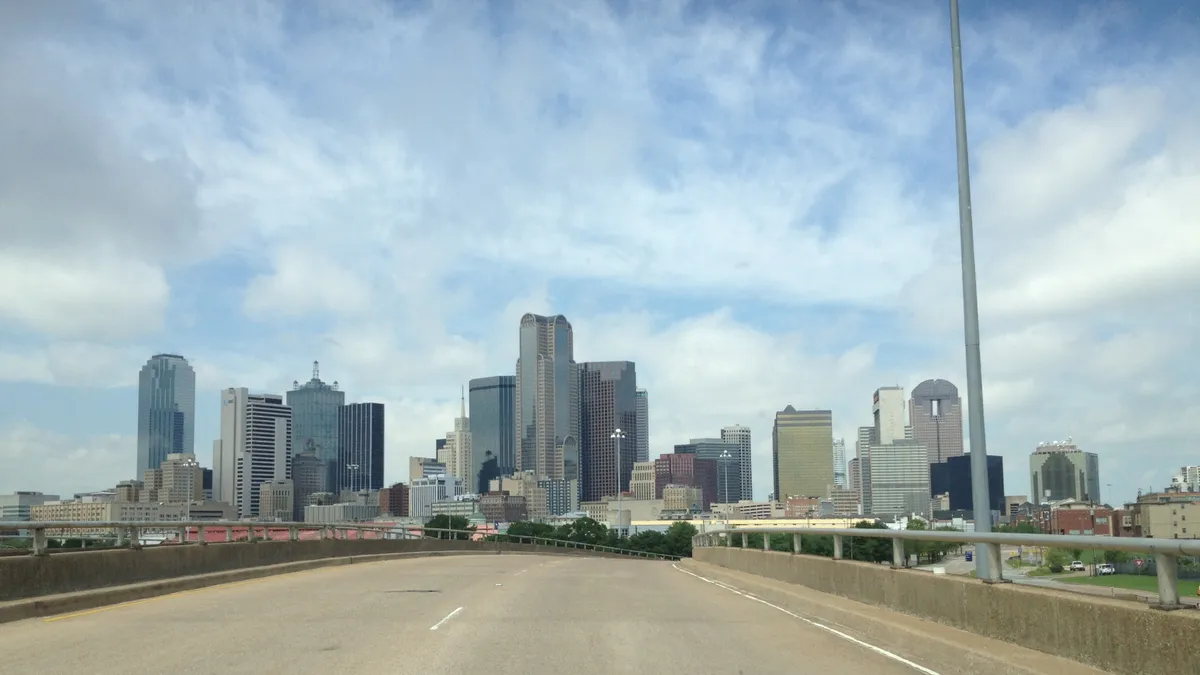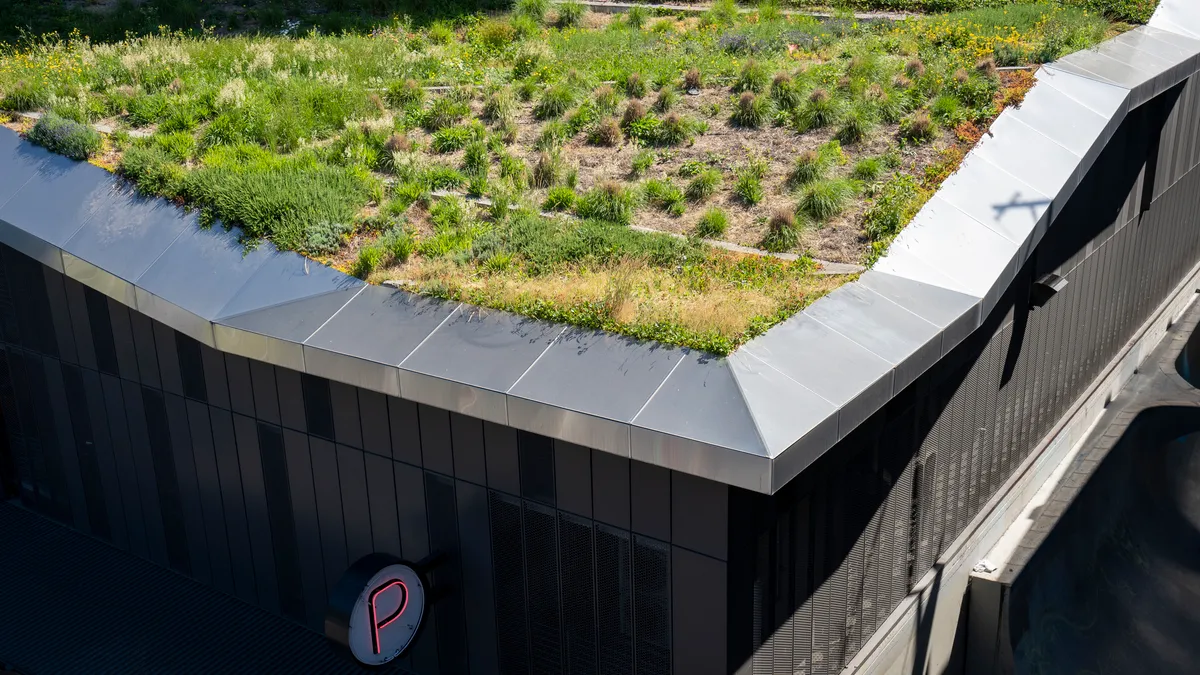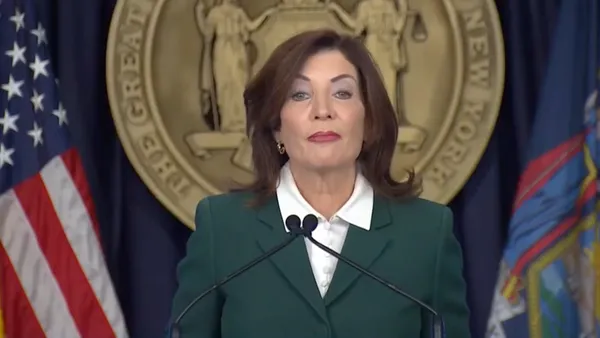Dive Brief:
- A "Living Lab" that outfitted four blocks of Dallas with nine smart cities projects saw elevated foot traffic and interest in business, according to a new report from the Dallas Innovation Alliance (DIA), a public-private partnership (P3) that organized the lab.
- The Smart Cities Living Lab was launched in March 2017 in the city’s West End historic district, with input from 30 different public, private, civic and academic organizations and 20 city departments. The smart cities projects were backed by AT&T.
- According to the DIA report, the West End saw a 13% increase in pedestrian traffic, and business revenue increased 12%. Energy use was down 35% thanks to a smart lighting program, which DIA says would translate to savings of at least $90 million if applied to all the city’s 85,000 lights.
Dive Insight:
The Dallas lab went from idea to execution in just 12 months and emerged as one of the biggest early smart city pilots. It was meant to not just introduce residents to smart cities technology, like interactive kiosks and smart parking measures, but also to collect data that can be used to inform projects in Dallas and around the country.
For example, organizers integrated smart green space, in part to counteract the city’s heat island effect, and DIA is also looking at adding new smart parks elsewhere in the city. There were also air quality sensors installed around the project, to chart the effects of new traffic patterns and gather data on air quality. For example, the sensors picked up unhealthy levels of pollution after the Fourth of July fireworks, which could be used to inform the public. Smart parking initiatives were designed to test more efficient parking strategies, mirrored on a San Francisco initiative that reduced emissions from traffic by 30% from reduced circling and idling.
"The intention of becoming a smart city is to improve operations, sustainability and create an inclusive and prosperous city; testing the data and technology provides a catalyst in preparing Dallas for the future," Dallas Mayor Mike Rawlings said in a statement.
The positive results — and some of the hiccups identified in the case study — will help not just Dallas, but other cities as they try to initiate their own smart city projects (the case study also cites lessons from other cities that have executed similar projects). With more pilot programs, like the planned Sidewalk Labs community in Toronto, coming online in the near future, there will be plenty of real-life feedback for urban planners and tech companies to draw from.











